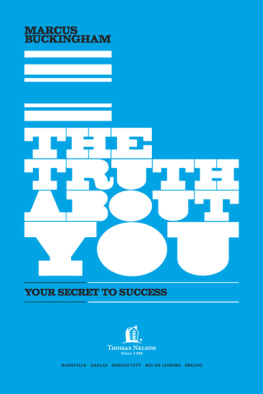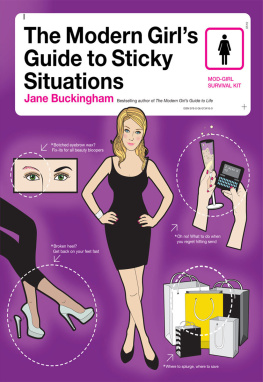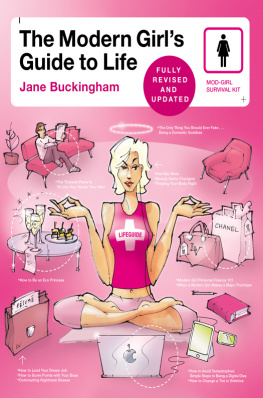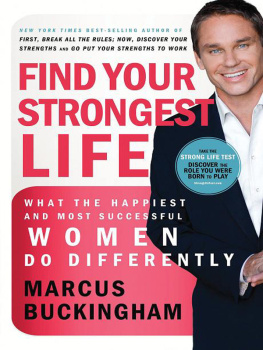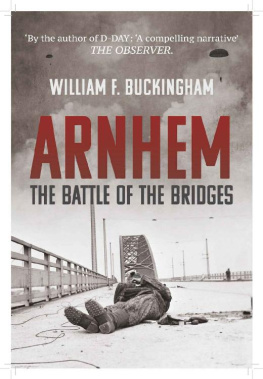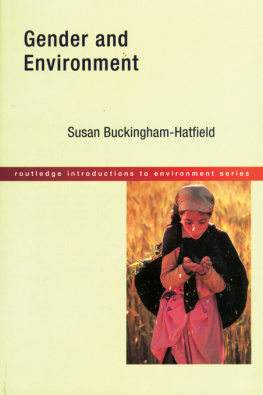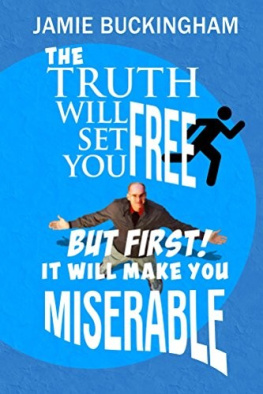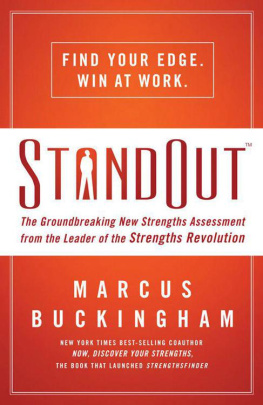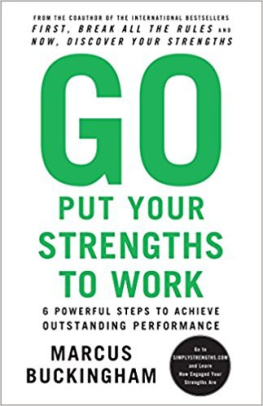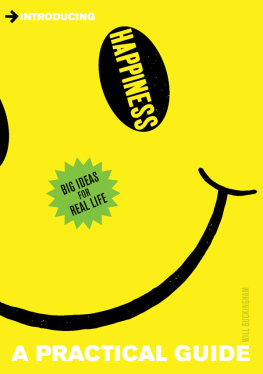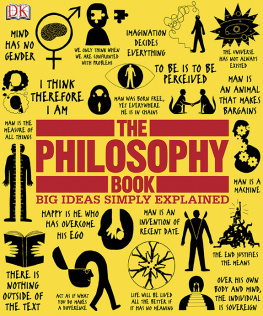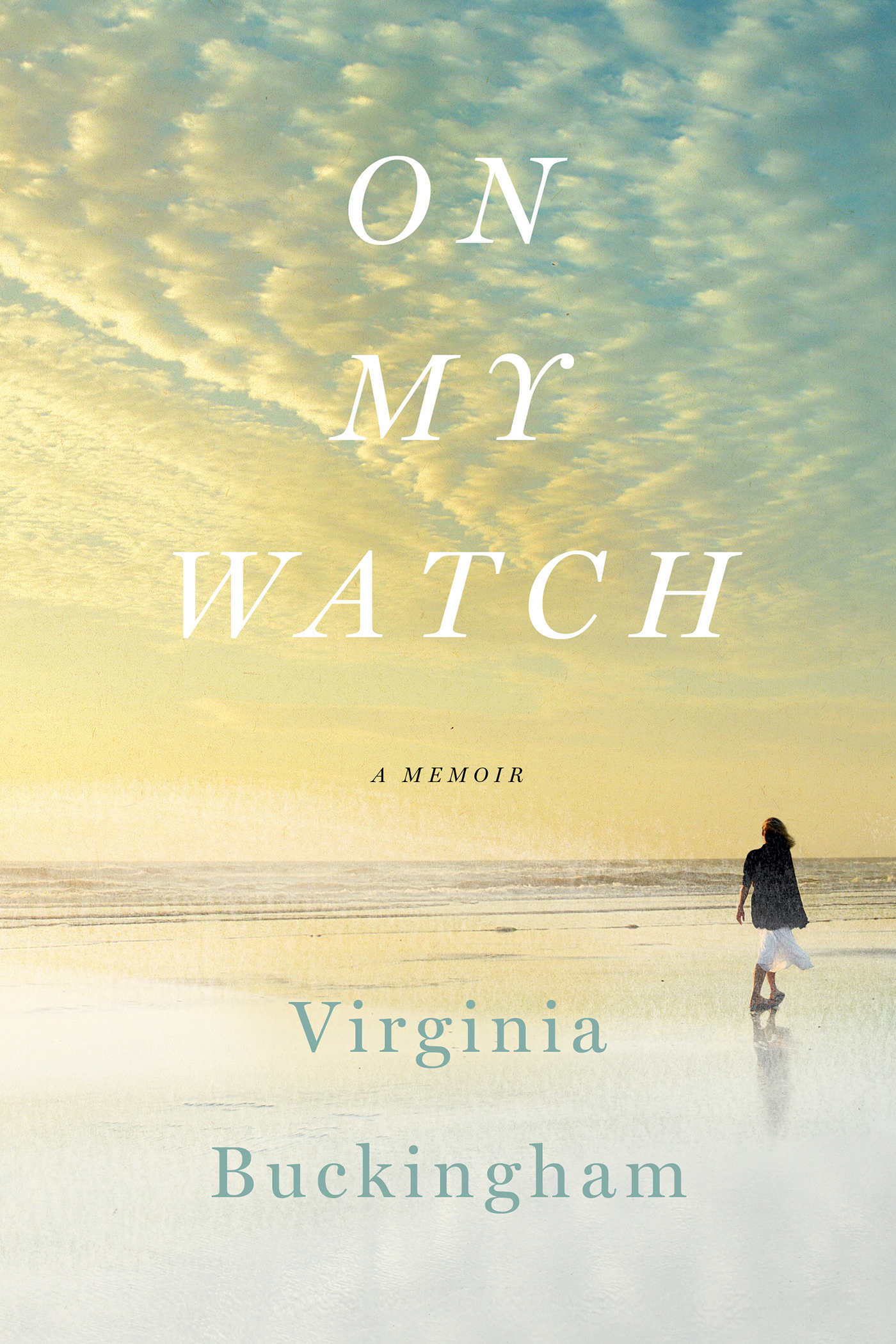Copyright 2020 Virginia Buckingham
All rights reserved.
No part of this book may be reproduced, or stored in a retrieval system, or transmitted in any form or by any means, electronic, mechanical, photocopying, recording, or otherwise, without express written permission of the publisher.
Published by Cavan Bridge Press, New York, NY
https://cavanbridgepress.com
http://www.virginiabuckingham.com
Edited and designed by Girl Friday Productions
www.girlfridayproductions.com
Cover design: Emily Mahon
ISBN (paperback): 978-0-9987493-2-7
ISBN (ebook): 978-0-9987493-5-8
Library of Congress Control Number: 2019917943
To my loves, David, Jack, and Maddy Lowy
Authors Note
The events related in this book are true and are reconstructed to the best of my memory. If I made mistakes in time or depiction, it is unintentional.
The names of some 9/11 victims and family members, whom I never personally interacted with, have been changed to protect their privacy.
Contents
Prologue
Letter to Readers
Dear Readers,
There have been many stories told about the September 11 terrorist attacks, and I know you have your own. You know where you were when you first heard. You remember who you called after seeing the TV image of the plane striking the second tower. Our stories of 9/11 are the things that unite us still, like the sense of unity we felt in those first days and months after the attacks.
Except I never felt that way. I was the head of Bostons Logan Airport on September 11, 2001. On my watch, American Flight 11 and United Flight 175 were hijacked after leaving Logan and then flown into the World Trade Center. The first news story suggesting I might be fired in response to the hijackings appeared on September 13. A media frenzy followed. Six weeks after 9/11, Massachusettss governor forced me to resign. I was later notified that a 9/11 family had sued me, holding me personally responsible for the wrongful death of their loved one. For many years, I feared that the blame directed at me was deserved.
I was broken by being blamed for the hijackings. Not instantly, not shattered like handblown glass, but over time. Like a bottle tossed into the sea, tumbled apart bit by bit by the movement of the waves.
Some have scoffed at the notion that I was really blamed. Its just politics, theyd say. Others would shrug and note, Everyone needs a scapegoat.
Do we? What purpose does a scapegoat serve? And, beyond the obvious personal toll, is there a societal toll to assigning blame?
I have asked myself many times whether this story is worth telling. No one I knew personally died that day. I wasnt part of the New York recovery effort, the federal response. I do recount the events of that day and the rebuilding of a broken confidence in aviation from my perspective at Logan. More so, though, I recount the rebuilding of a broken life.
As the years passed, I came to understand how being blamed and blaming myself come from the same human impulselife is fragile, yet we unconsciously deny its fragility. Our culture, political and societal, turns to blame to help appease our fear and anger, allowing us to avoid wrestling with the harder questions.
Nothing I write in the following pages can adequately capture the devastation of the families whose loved ones died on 9/11. Their stories are their own, and I wouldnt presume to tell them here. In some cases, I changed the names of victims or their families to maintain their privacy. In the passing years, though, I have had the privilege of contact, even friendship, with some 9/11 families. That they let me share in their grieving and allowed me to share my own grief is one of the greatest gifts I will ever receive. Their embrace helped me to move forward.
In its final report, the 9/11 Commission decreed we were a nation unprepared for the attacks and ascribed our nations inability to detect the 9/11 plot as a failure of imagination. As for Logan Airports role, the Commission found no evidence that the terrorists specifically targeted Logan or that there was any difference in checkpoint screening there versus at any other US airport. Finally, in 2011, a federal judge dismissed Logan from the one remaining wrongful death case slated to go to trial.
In this book, I do not revisit the investigation, nor tread the well-worn path of what might have been different had political leaders, the CIA, FBI, FAA, airlines, airport operators, or any number of individuals, me included, put together the pieces of the 9/11 plot before that day. The following pages are an investigation of my heart, my mind, my soul. It is not about who knew what but about the acceptance of simply not knowing what I did not know.
I hope that my story will have some resonance with others trying to navigate deeply painful experiences, who, like me, do not meet societys expectations of how to move on by resolutely putting their trauma and loss behind them, who are admired for their strength, while knowing inside they are utterly broken. My story does not end neatly wrapped in a bow. Ive not slammed some metaphorical door shut on the past. Instead, I have found a different sense of what resilience in the face of trauma and loss can look like and discovered that there is an important difference between moving forward and moving on.
Thank you for reading,
Ginny
Part I
Chapter One
Witness
December 15, 2006101 Federal Street, Boston, Massachusetts
Deposition of Virginia Buckingham in Bavis v. UAL Corp. et al.
I looked down the long polished conference table. Dozens of lawyers leaned forward expectantly. They were all staring at me. I sat alone at the head of the table.
Except for the rustling of papers, the room was silent, tense. A video camera was set up at the far end, its lens trained on my face. There was a time when I would have turned a scarlet shade of pink if I became the center of attention, in class or at a social gathering. I never grew out of this painful shyness exactly; it just became subsumed into an intense focus on doing an increasingly public job well.
I felt the familiar anxiety creeping up the back of my neck as my lawyer leaned over and whispered that my testimony was being taped so it could be shown in court if there was a trial. The word trial jolted me even though I knew it was a possibility. Id been dreading this deposition, but the idea that the wrongful death cases could end up before a judge and jury was too much to bear. Even though the personal case against me had been dropped, I knew that didnt make a difference. If Logan Airport was found liable, then so was I.
The attorney who was to be my chief questioner represented about twenty-five of the passengers who went through Logan checkpoints on September 11 and their families. He sat directly to my right and introduced himself. After a few formalities, he wasted no time in going for the jugular.
Before 9/11 did you know who al Qaeda was?
Did you know who Osama bin Laden was?
Did you know terrorists had issued fatwas against the US?
I answered each question quietly. No.
I knew that most Americans before 9/11 would have answered the same way I did. Yet inside, the despair that had been my closest companion in the years since 9/11 immediately enveloped me in response to the lawyers insinuation: I should have known.


